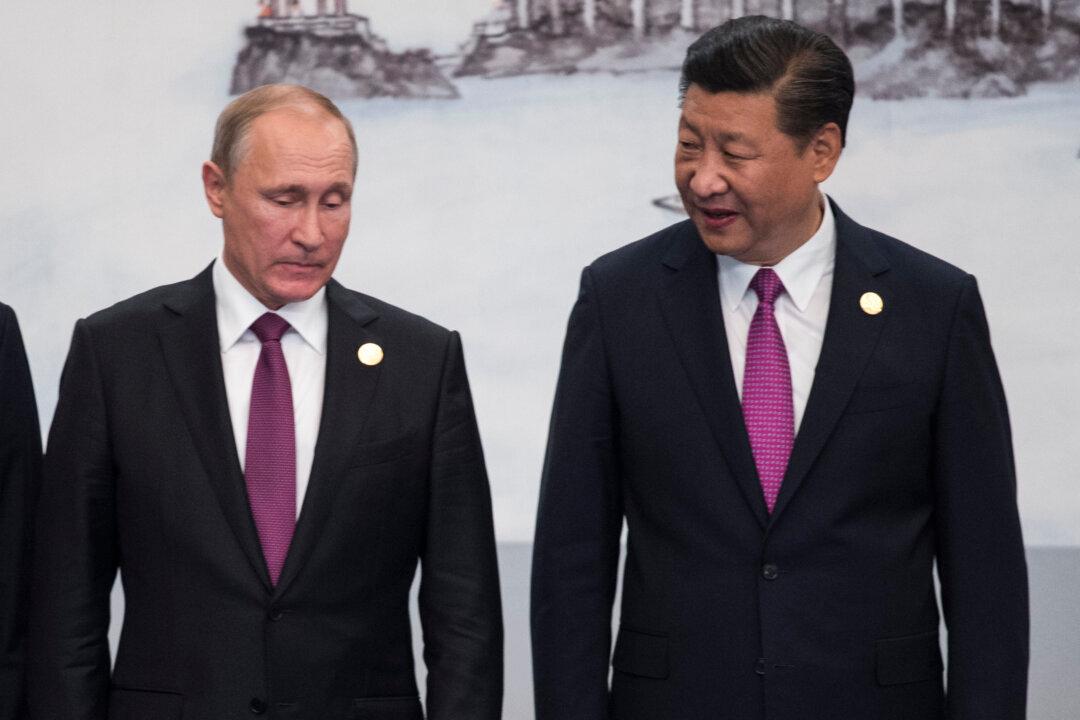The Chinese regime’s failure to condemn Russia’s invasion of Ukraine unequivocally, while reiterating its support for negotiations, has prompted some observers to ask whether China may help Russia circumvent the enormous and unprecedented sanctions placed on the belligerent nation.
But helping Russia can potentially undermine Beijing’s own strategic ambitions, particularly with regard to Taiwan, and Beijing may simply want no part of the onerous and crippling economic fallout of Russia’s aggressive actions, said experts on Russian-Chinese relations.





